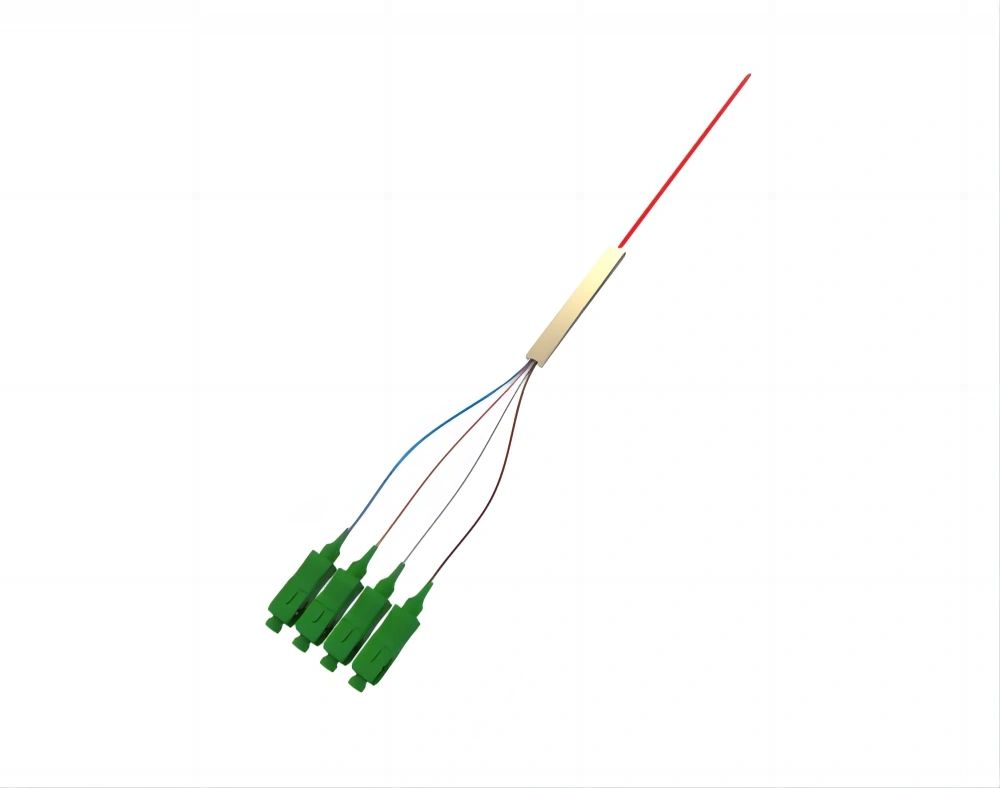
Introduction
The standardization and certification of optical fiber sockets play a crucial role in ensuring the compatibility and quality of optical fiber network connections. This article aims to provide a comprehensive understanding of the importance, process, and benefits of standardizing and certifying optical fiber sockets.
The Importance of Standardization
Standardization of optical fiber sockets is essential to establish uniformity in design, dimensions, and performance specifications. It ensures that different manufacturers produce sockets that adhere to industry guidelines, enabling seamless compatibility between various network equipment. Standardization eliminates interoperability issues and enhances the reliability and efficiency of optical fiber connections.
The International Electrotechnical Commission (IEC) and other standardizing bodies collaborate with industry experts to develop and maintain global standards for optical fiber sockets. These standards cover aspects such as connector types, insertion loss, return loss, and environmental performance. Compliance with these standards ensures high-quality and reliable connections.
The Certification Process
The certification process involves verifying that a particular optical fiber socket meets the specified standards and performance requirements. Certifications are usually conducted by independent testing laboratories accredited by recognized certification bodies.
During the certification process, optical fiber sockets undergo rigorous testing to ensure compliance with performance parameters such as insertion loss, return loss, and mechanical durability. The testing procedures may include repeated connection and disconnection cycles, temperature and humidity variations, and stress testing.
Benefits of Standardization and Certification
1. Interoperability: Standardization and certification guarantee compatibility between different network equipment, allowing seamless integration and interconnectivity.
2. Reliability: Certified optical fiber sockets undergo rigorous testing, ensuring high-quality and reliable connections that enable efficient data transmission.
3. Future-proofing: Standardization allows for scalability and easy upgrades, ensuring that optical fiber networks can adapt to future technological advancements without major disruptions.
4. Trust and confidence: Certification provides assurance to customers that the product meets industry standards and performs as claimed. It instills trust and promotes confidence in the reliability of optical fiber network connections.
Conclusion
The standardization and certification of optical fiber sockets play a vital role in ensuring compatibility, reliability, and efficiency in network connections. It facilitates interoperability between different equipment, guarantees high-quality performance, and provides confidence to customers. By adhering to global standards and obtaining appropriate certifications, the optical fiber industry can continue to deliver reliable and future-proof network solutions.



